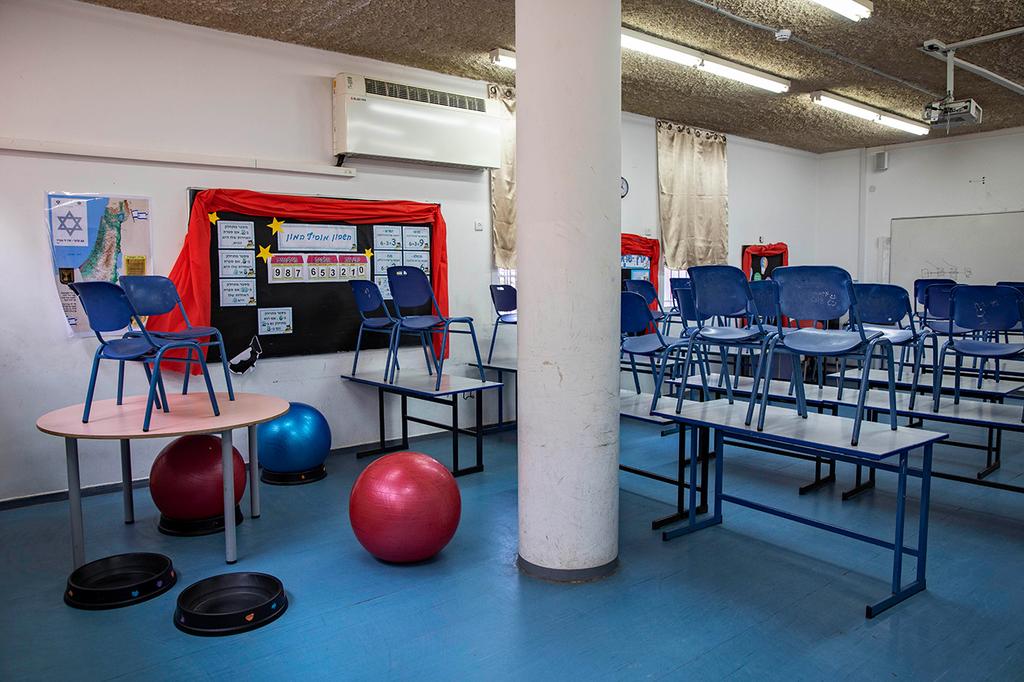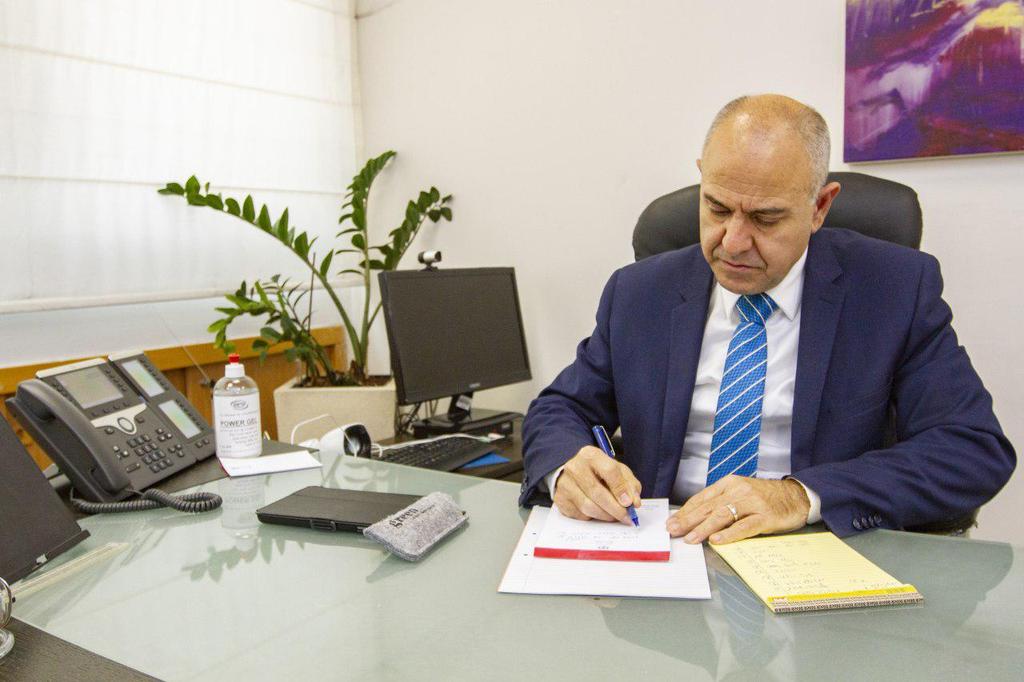When it returns, Israel's education system will feature reduced class sizes and operate in open spaces in order to reduce the chances of infection between students, according to the "coronavirus exit plan" released Monday by Education Ministry Director-General Shmuel Abuav.
In an open letter to Education Ministry officials, Abuav said that students would only study in small groups in classrooms, libraries, schoolyards and school gymnasiums.
The proposed plan will be gradually implemented over a period of weeks and combines remote learning with small study groups studying.
"Study groups will take place in turns on the day after the outbreak and the daily agenda that we have devised for each student starts with meeting in the morning, continues with multidisciplinary learning and ends with all students convening again to conclude the day," Abuav wrote to officials.
"We are currently making all the necessary preparations to gradually segue from a state of emergency back into a normal routine," Abuav told Ynet.
"We believe that the rules we've grown accustomed to in the past will change. Ergo, preschool classrooms will no longer contain the numbers of students we are used to. Thirty students in a single classroom is not something that the Health Ministry will approve going forwards," he said.
"That is why we are preparing to reopen preschools on a different footing when the directive is given. Half of the kids will study on Sundays, Tuesdays, and Thursdays and the second half will study on Mondays, Wednesdays, and Fridays. The same goes for schools," he said.
"We are focusing on the younger classes to relieve the parents of the duty of watching their children and allow them to return to work," said Abuav.
2 View gallery


An elementary school in Ramat Gan sits empty during the coronavirus crisis
(Photo: AP)
"All the children that are not physically attending school on any given day will study from home. Preschool classes will be divided into three study units and [older] classes will be divided even further. How will it be done? Teachers will check students' attendance and the children will be directed either by the teacher or by a prerecorded lesson," he said.
"The summer vacation will also be significantly shortened. It is hard to determine its length because nobody knows yet when we'll go back, but we estimate that the vacation will be shortened; students will be given a chance to catch up academically and the last part [of the vacation] will also include a summer camp," he said.
According to Abuav, "It makes no sense to bring the eleventh and twelfth graders back to school in August because they usually finish their matriculation exams by the end of July."
Abuav also asked teachers to understand that the recovery process would take place incrementally.
"This kind of thing has its own pace, it's a fruit that ripens slowly, but we all must eventually reach an understanding," he said.
"The teachers must understand that we must make up for the lost school days and also give the students a framework for the summer months. I believe these frameworks will make up for the lost summer vacation, but the free time that will be left will be very limited."


